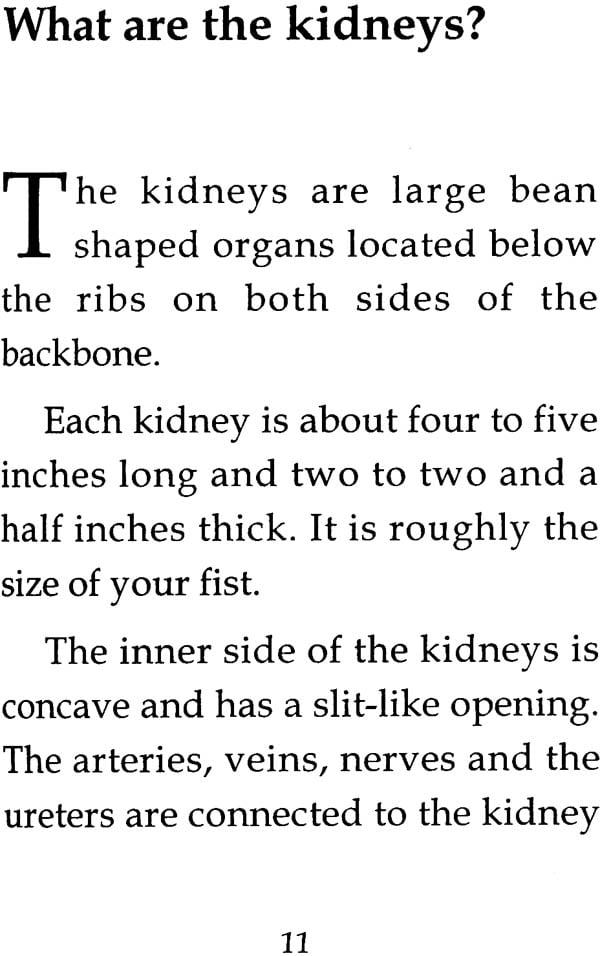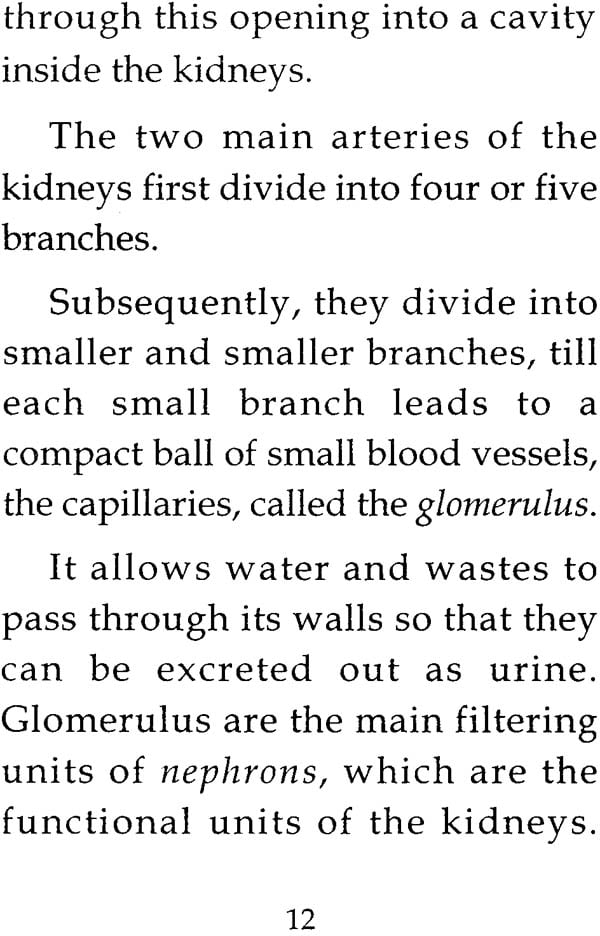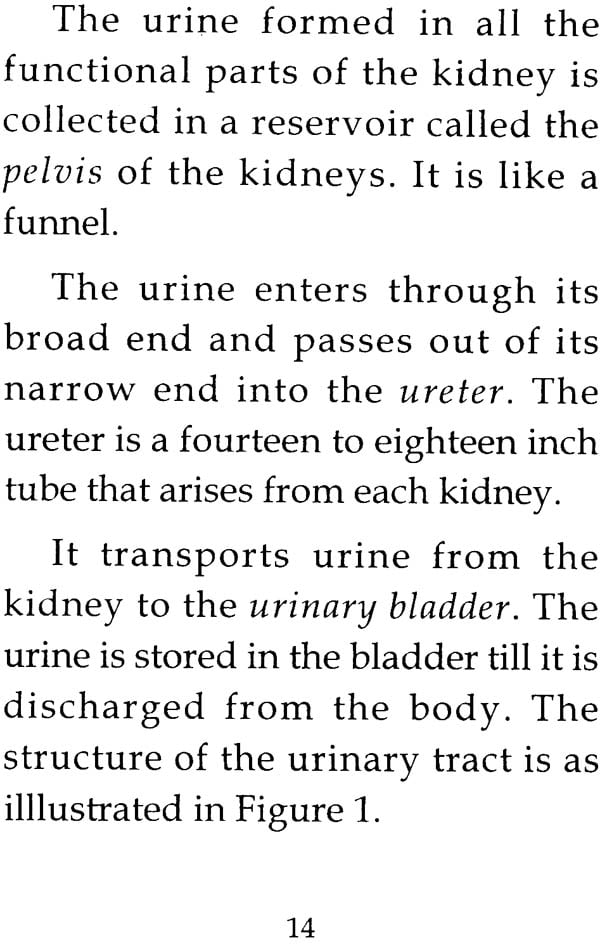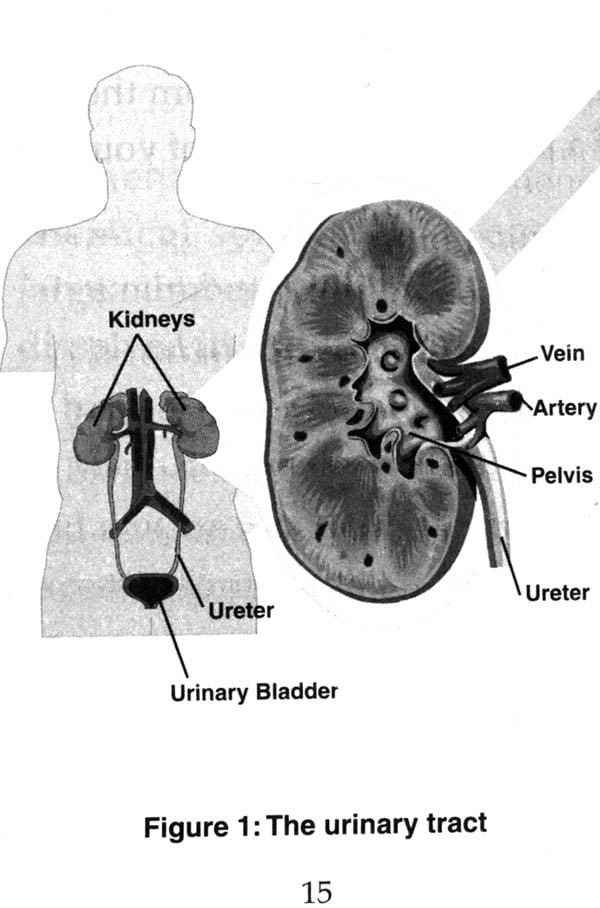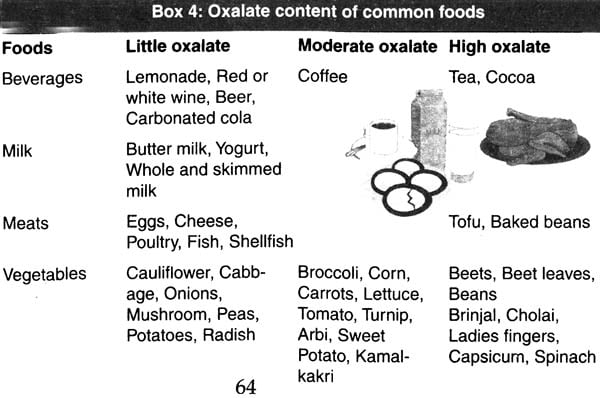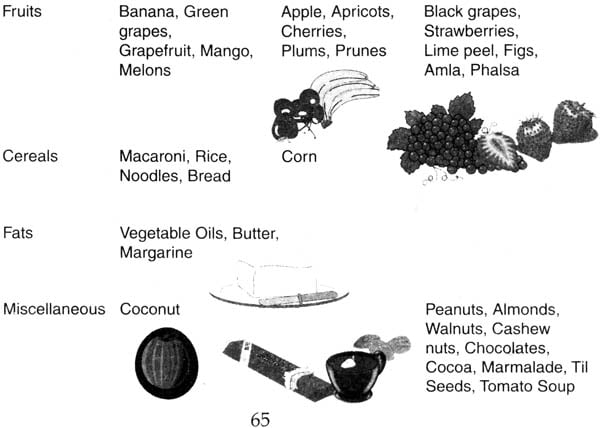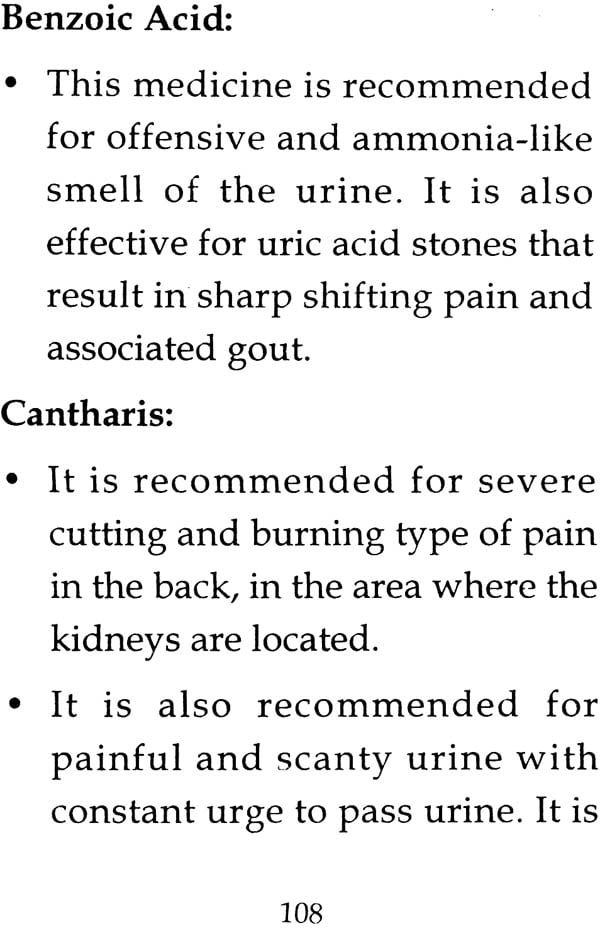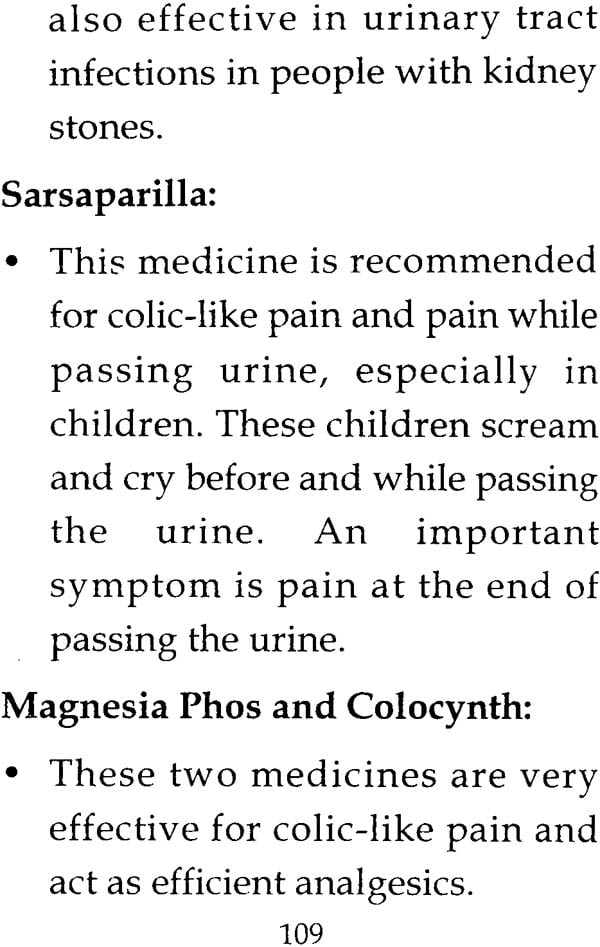
All You Wanted To Know About Kidney Stones
Book Specification
| Item Code: | IDE628 |
| Author: | Ed. By: Dr Savitri Ramaiah |
| Publisher: | New Dawn Press |
| Language: | English |
| Edition: | 2004 |
| ISBN: | 9788120723054 |
| Pages: | 152 |
| Cover: | Paperback |
| Other Details | 6.0" X 4.5" |
| Weight | 110 gm |
Book Description
From the Jacket:
You need this book for better health and longer life. For more up-to-date information on medical treatments.
A product of the combined knowledge and experience of many doctors and scientists, this book offers a clear look at sickness and therapy - therapy which uses both alternative care and conventional medicine.
You owe it to yourself to own this Health Update.
All You Wanted to Know About is an easy-to- read reference series put together by Health Update and assisted by a team of medical experts who offer the latest perspectives on body health.
Each book in the series enhances your knowledge on a particular health issue. It makes you an active participant by giving multiple perspectives to choose from - allopathy, acupuncture, ayurveda, homoeopathy, nature cure and unani.
This book is intended as a home adviser but does not substitute a doctor.
The opinions are those of the contributors, and the publisher holds no responsibility .
Kidney stones are one of the most painful conditions and have been affecting people for several centuries. They are one of the most common disorders of the urinary tract. Kidney stones are a major problem and an important cause of kidney failure in India. Appropriate and timely treatment of kidney stones can prevent severe complications such as kidney failure.
Stones in the urinary tract are a common disorder because urine is a chemical solution that contains a large number of chemical substances. These substances can crystallize easily and then grow in size to form stones.
The number of people suffering from kidney stones is increasing every year, especially in the industrially developed countries. It is relatively less common in places where the economy is based on agriculture. This highlights the role of affluence and dietary factors in formation of kidney stones.
In India, stones in the urinary tract are very common in the sub- Himalayan region from Punjab to North-East. This is why this region is known as "the stone belt".
Kidney stones are more common among men than in women.
| Preface | 4 |
| Introduction | 6 |
| Allopathy | 9 |
| Ayurveda | 73 |
| Homoeopathy | 97 |
| Nature Cure | 113 |
| Unani | 141 |
| Definitions | 148 |
